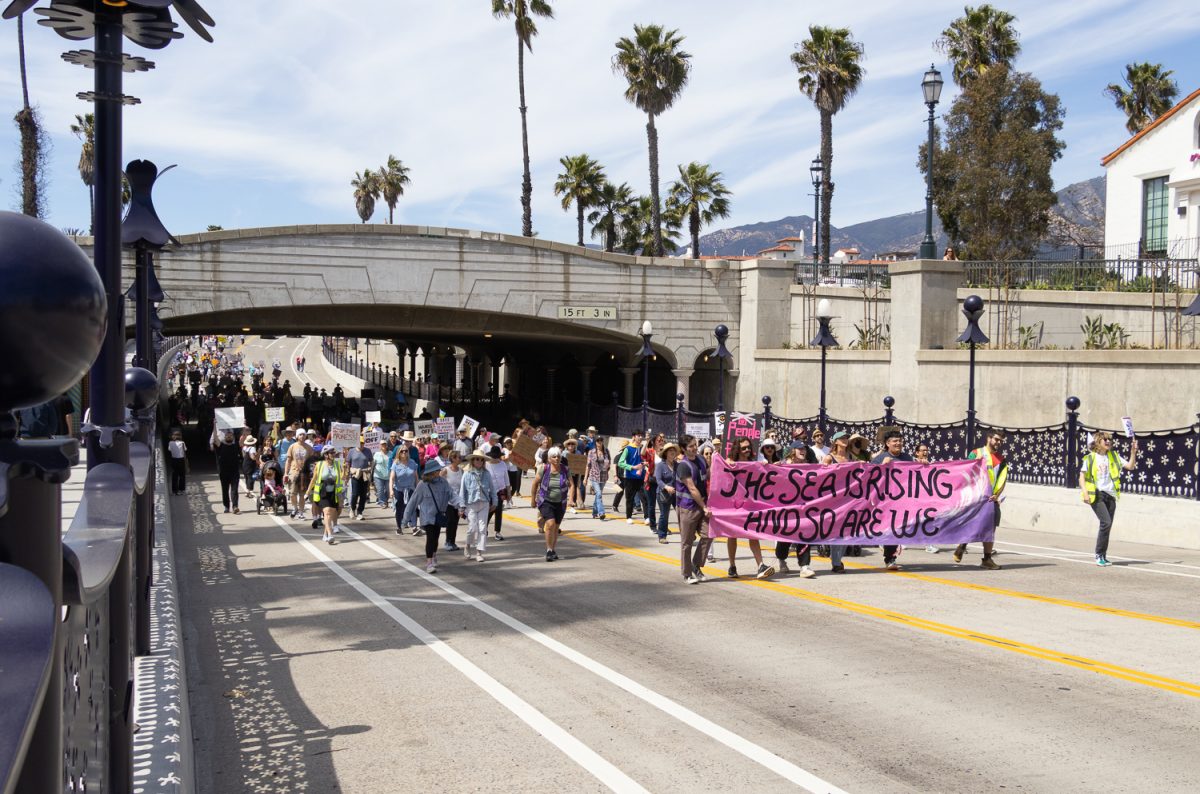The College Planning Council proposed new ways to distribute the remaining $5 million of the COVID-19 Recovery Block Grant during their Tuesday meeting.
The City College Chancellor’s Office originally allocated $7.5 million in 2022 as part of the Block Grant to be spent on COVID-19 precautions, with mental health services, basic needs and the development of online resources listed as some of the allowable expenditures.
With $2.5 million already spent on said matters, the CPC announced new flexibility in the remaining funds. Although this money does not factor into the overall budget, Assistant Superintendent Paloma Arnold described it as a supplemental fund as it has the potential to be spent on as wide of a range.
Despite the reminder from Assistant Superintendent María Villagómez that this agenda item would not be open for discussion until the following CPC meeting, faculty members including Academic Senator Jamie Campbell immediately proposed investing the remainder of the Block Grant in higher student enrollment and permitting additional classes.
“Isn’t there a pressing need to spend the money on opening these standby classes that will serve our students,” Campbell asked. “Can we afford to wait two weeks until the next CPC, if that’s what we decide we would like to do with this money?”
Campbell referenced the only public comment given prior to the Block Grant discussion by accounting professor Laura Woyach, who spoke on the decrease in City College enrollment, crediting the issue to class cancellation. Woyach addressed City College students being denied classes that have typically been available, while expressing concern for Superintendent President Erika Endrijonas’ absence from the meeting.
“If we turn them away, they will not come back to us,” said Woyach. “It saddens me that our president is not here because I really feel like she needs to weigh in on this position. She is the one person I have not heard from yet.”
Academic Senate President Kimberly Monda responded to faculty proposals of Block Grant spending by listing enrollment as a separate issue. Arnold agreed with this notion, adding that the structural budget deficit that City College is facing should serve as a warning to be conservative with spending the Grant.
Monda also addressed the rocky transition to City College’s recent partnership with Follett – an education material distribution company who has taken over textbook sales for the spring 2024 semester.
“We are currently investigating what seem to be some pretty major cost increases for course packets and textbooks,” said Monda.
Auxiliary Services Director Paul Miller responded to Campbell’s concern over his mathematics course packet doubling in price, crediting much of the overall increase to new copyright practices that Follett has implemented. Miller described their current software to automatically upcharge materials when checking them for copyright, even if no copyright infringement is detected. Having not practiced these copyright checks over the past decade, navigating them is a main focus for Miller in his collaboration with Follett.
Assistant Superintendent Brian Fahnestock advocated for correcting processes such as copyright checking, concerned with the $1 million fund City College has invested into the bookstore over the past two and a half years.
“The bookstore should pay for itself,” said Fahnestock. “That is a fundamental problem that we have, is that we haven’t kept the bookstore level over the last few years.”
The CPC will reconvene in two weeks on Tuesday, Feb. 20.
Clarification: Feb. 15, 2024
Superintendent-President Erika Endrijonas was in Washington D.C. on Tuesday, Feb. 6.




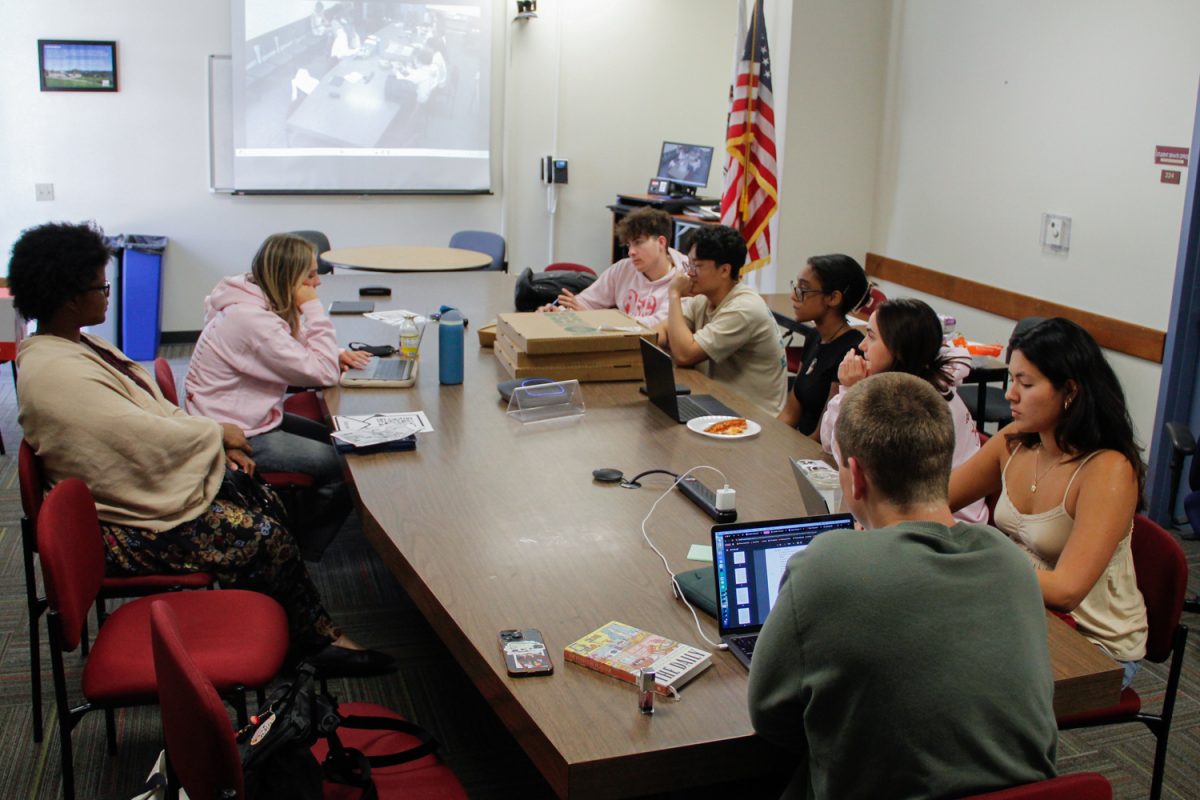

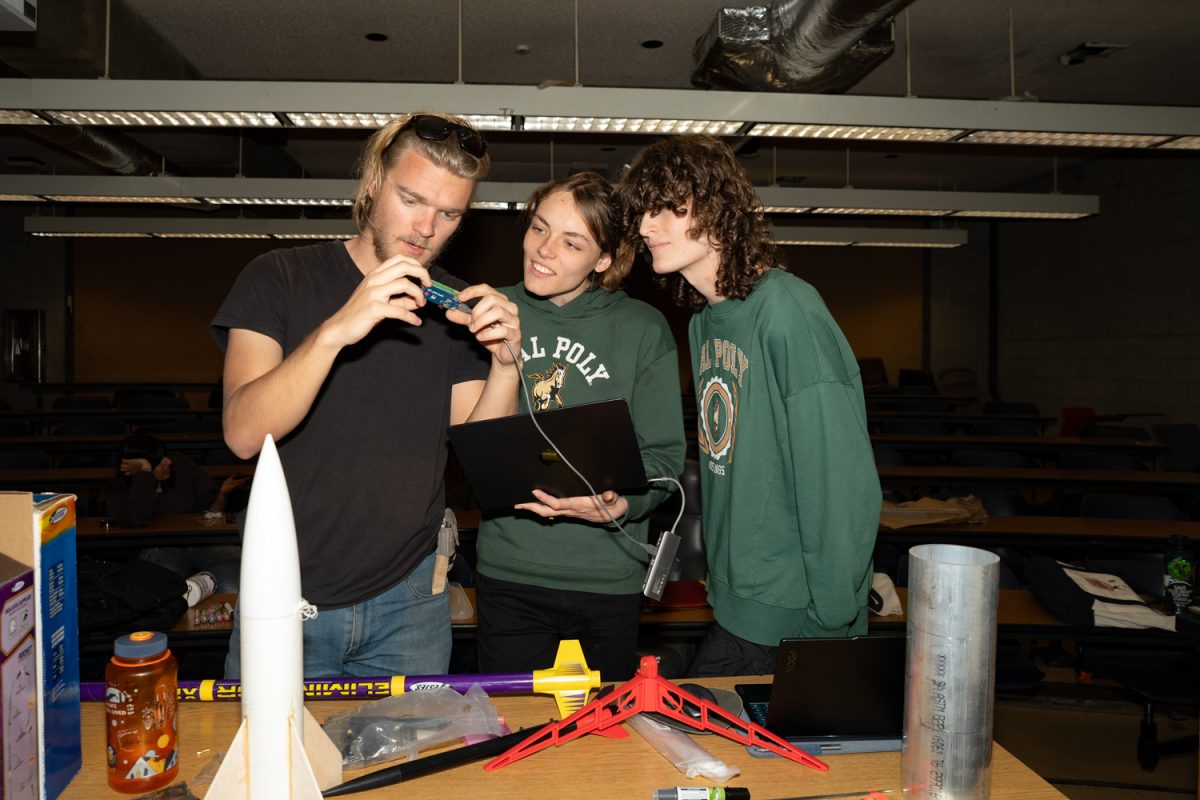
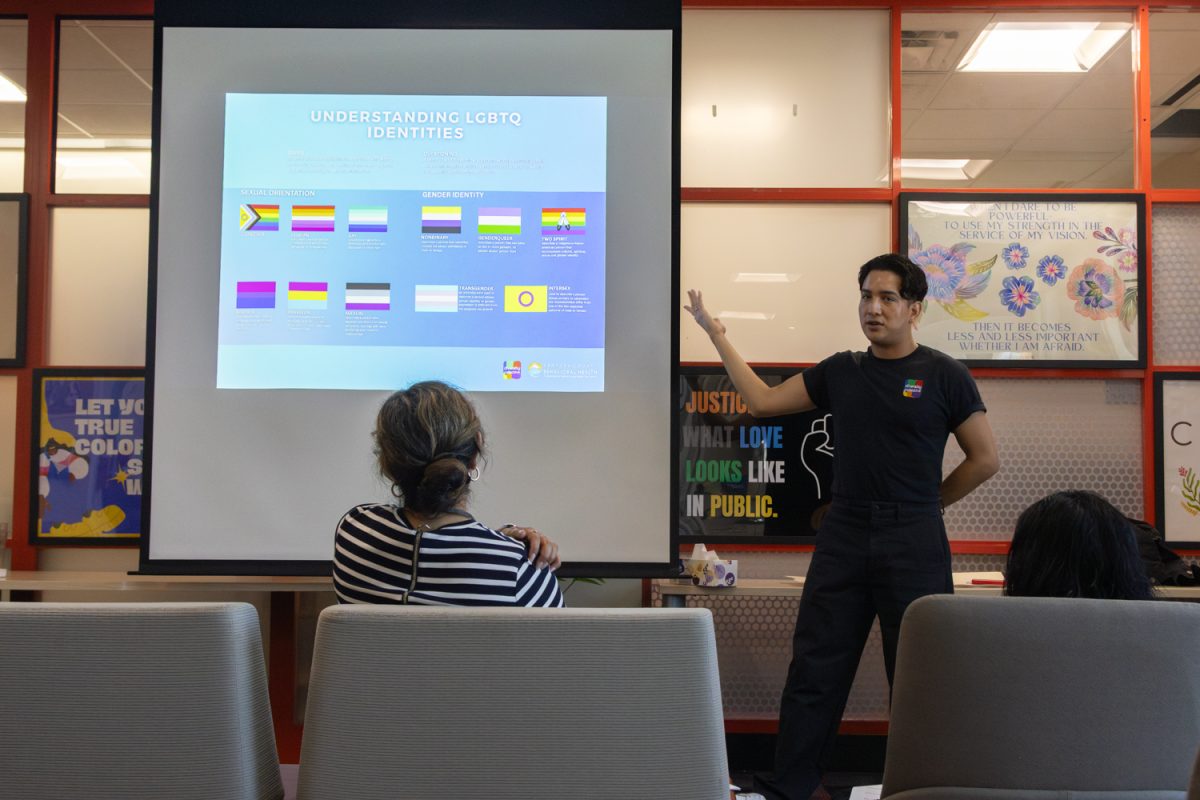
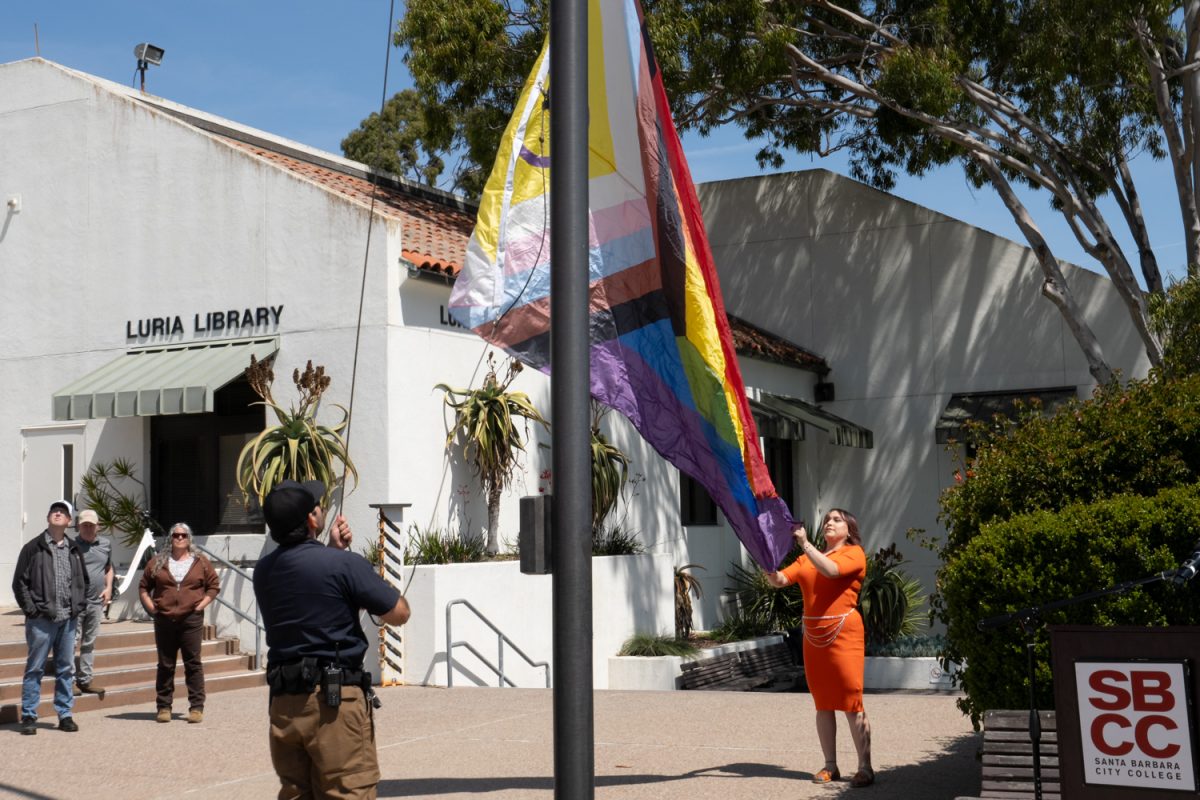

![Malia Hubbard admires the ceramic pieces created by students in Art 150, "Fundamentals of Ceramics" on April 10 in Santa Barbara, Calif. "I think [the gallery] is absolutely fabulous," Hubbard said. "Being able to see students work [is] so amazing."](https://www.thechannels.org/wp-content/uploads/2025/04/MGSStudentShow-1-1200x800.jpg)



